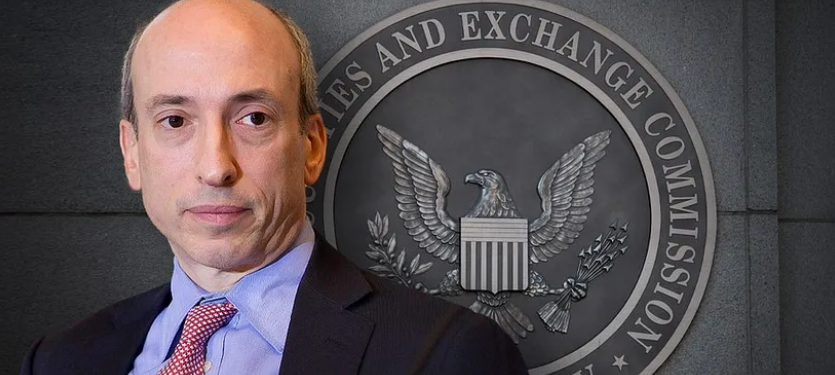As the popularity of blockchain and cryptocurrency continues to grow, so does the need for staking services. Staking is a process by which individuals can earn rewards by holding cryptocurrency in a wallet or other platform, thereby contributing to the security and stability of the network.
Staking services have become an increasingly popular way for individuals to earn rewards in the cryptocurrency industry. However, the question of whether staking services qualify as securities have raised important questions about the nature of decentralized networks and the role of regulators in the industry.
In this article, we will explore why staking services are not securities and what implications this has for the cryptocurrency industry.
What are securities?
Before delving into the debate around staking services, it is important to understand what constitutes a security. According to the U.S. Securities and Exchange Commission (SEC), a security is an investment contract in which a person invests money in a common enterprise and is led to expect profits primarily from the efforts of others.
In simpler terms, a security is an investment vehicle in which individuals pool their money with the expectation of earning a return on their investment. The key point here is that “the return is expected to come primarily from the efforts of others, rather than from the individual’s own efforts”.
Why staking services are not securities?
When it comes to staking services, the question of whether they qualify as securities centers around the issue of who is responsible for generating the returns. Staking rewards are generated by the network itself, rather than by a centralized entity or the efforts of others.
Individuals who stake their cryptocurrency are simply holding their coins in a secure wallet or other platform, thereby contributing to the security and stability of the network. The rewards they earn are not generated by any specific entity or individual, but rather by the decentralized network as a whole.
This key distinction is what sets staking services apart from traditional securities.
In a security, investors are relying on the efforts of others to generate returns, while in staking, individuals are earning rewards based on the security and stability of the network itself.
While many regulators and industry experts have recognized the unique nature of staking rewards and concluded that they do not qualify as securities, the debate around this issue is far from settled. Some argue that staking rewards should be subject to the same regulatory oversight as traditional securities, while others maintain that this would stifle innovation and growth in the industry.
At the heart of this debate is the question of whether decentralized networks can truly be considered autonomous and self-regulating.
If staking rewards are subject to regulatory oversight, it raises important questions about who is responsible for maintaining the security and stability of the network. Would regulators be able to effectively oversee decentralized networks without undermining their key features of decentralization and autonomy?
Furthermore, the question of whether staking rewards qualify as securities has important implications for the broader cryptocurrency industry. If staking were to be classified as a security, it could potentially have a chilling effect on the development of new products and services, as well as the growth of the industry as a whole.
Implications for the cryptocurrency industry
The question of whether staking services qualify as securities have important implications for the cryptocurrency industry. If staking were to be classified as a security, it would likely be subject to a range of regulatory requirements and oversight, potentially stifling innovation and growth in the industry.
Fortunately, many regulators and industry experts have recognized the unique nature of staking rewards and have concluded that they do not qualify as securities. For example, in 2019, the SEC published a framework for evaluating whether digital assets constitute securities, and explicitly noted that tokens that are used for staking or providing network security are less likely to be considered securities.
This recognition by regulators and industry experts has helped to pave the way for the continued growth and development of staking services in the cryptocurrency industry. As more individuals participate in staking and earn rewards for contributing to the security and stability of the network, the industry as a whole will benefit from greater decentralization and resilience.
Conclusion
As the cryptocurrency industry continues to evolve, it is likely that new questions and challenges will emerge. However, by engaging in thoughtful and nuanced discussions about the nature of decentralized networks and the role of regulation in the industry, we can work towards a more resilient and innovative ecosystem.
Ultimately, the future of staking services and the broader cryptocurrency industry will depend on our ability to find a balance between regulation and innovation and to embrace the unique opportunities presented by decentralized networks.
 English
English
 Deutsch
Deutsch
 Español
Español
 Français
Français
 Português
Português
 日本
日本
 한국인
한국인
 Türkçe
Türkçe
 Русский
Русский
 Tiếng Việt
Tiếng Việt














